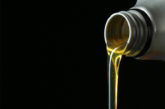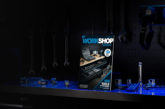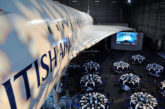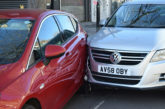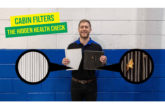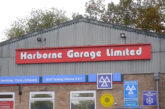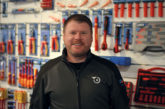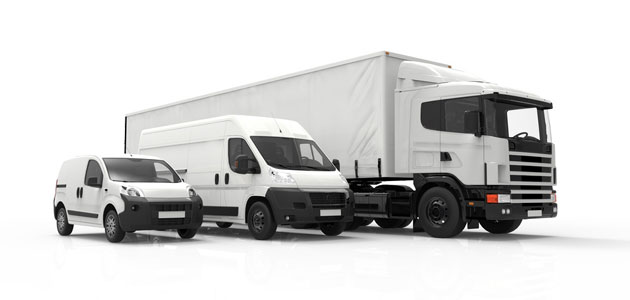
UK fleets are paying more attention to maintaining DPFs, catalytic converters and CSR silencer units than ever before, according to national automotive parts reconditioning parts specialist, DPF Clean Team.
The company has recorded a 20% increase in the number of fleet enquiries this year, compared to last year.
Fleet enquiries about blocked Diesel Particulate Filters (DPFs), catalytic converters and CSR silencer units are keeping the company busy, with the majority of enquiries coming from fleet operators based in urban areas, where multiple short journeys are common.
A vehicle fitted with a DPF, CAT or SCR needs to be driven at a constant road speed in order for the unit to reach the right temperature to burn off the particles and thus to successfully regenerate and effectively empty itself.
Lots of short journeys, and trips that involve stop and start traffic, can cause regeneration to be unsuccessful, resulting in blockage.
Cameron Bryce, Director of DPF Clean Team, said that it is the high cost, wasted time and headache of having to fit a replacement DPF, CAT or SCR that is turning fleets to better maintenance practice and making cleaning such an attractive proposition.
“Fleet operators are beginning to realise that a DPF, CAT or SCR unit can be cleaned and a vehicle returned to the road in a matter of days, which is far quicker and less expensive than the time and cost associated with sourcing a new unit, ordering and receiving the part, and then having it fitted.
“Fleet operators in the UK are already overstretched in terms of resources and personnel so it does not make sense to have a vehicle off the road for too long when the DPF warning light comes on.”
Recent research from DPF Clean Team highlights the significant cost saving that a fleet business can achieve by cleaning blocked DPFs, CATs and SCRs. The business states that the cost of a new DPF unit can be as high £5,000, whilst a professional clean can cost as little as £450.
When blocked, these units must be specially cleaned. DPF Clean Team employs a range of different cleaning processes depending on the type of DPF or SCR unit. The process employed for most light commercial vehicles utilises state-of-the-art ultrasonic cleaning technology in an ISO 9001, six-step cleaning system using powerful non-flammable chemicals.
The process can take up to four hours, leaving the unit in nearly new condition. For units from larger vehicles, DPF Clean Team has its own specialist cleaning equipment, which allows it to clean up to 1,000 units a month.


